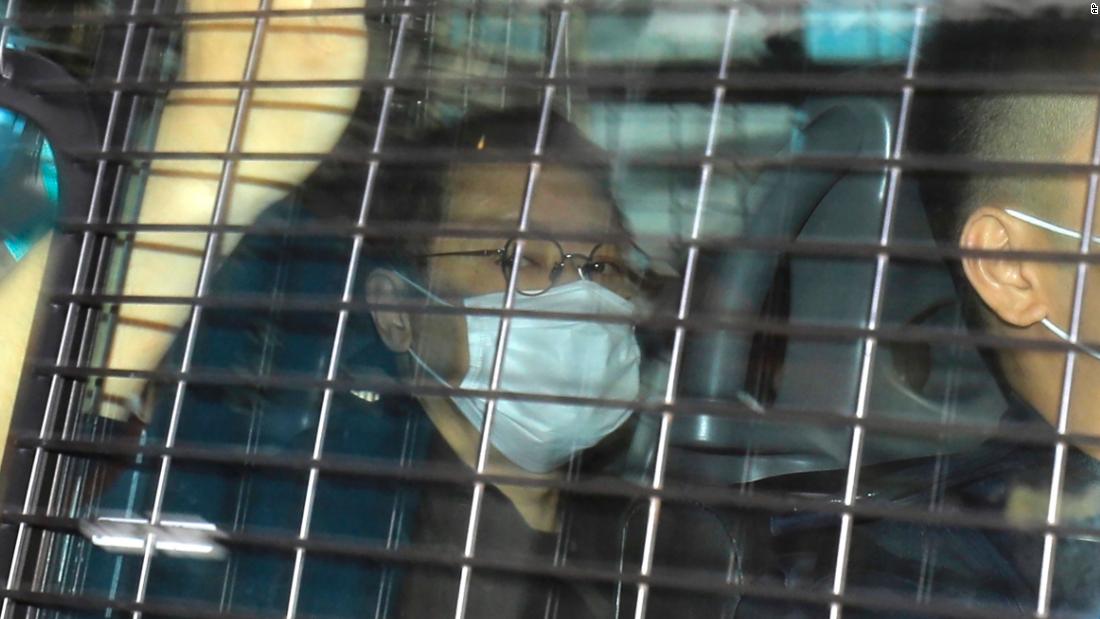The protest was the biggest seen in the city in months, with those gathered shouting the banned slogan: “Free Hong Kong! Revolution of our time!” and carrying posters demanding the release of those arrested by comprehensive legislation.
Prosecutors argued in court that the defendants were involved in a “massive and well-organized scheme to subvert the Hong Kong government” by organizing and participating in an unofficial primary election last July. These disputes are a normal function in democracies around the world, during which political parties select the strongest candidates for an election.
Alan Leong, a lawyer and politician who represents four of the defendants, said the charges filed on Sunday would be remembered as “a challenge to Hong Kong’s fair electoral system” and criticized prosecutors for presenting charges without sufficient evidence.
“It is not just the 47 defendants who face charges here today, but also the Hong Kong judicial system and the spirit of law,” said Leong.
The 39 men and eight women were aged 23 to 64 and included prominent activist Joshua Wong and law professor Benny Tai. They appeared in court on Monday after being asked to report to the police the day before. Under their previous bail agreements, they were not required to contact the police until early April.
Hundreds of protesters supported the detainees, despite public health measures that ban meetings of more than four people and the government’s growing crackdown on political protests.
A large police presence outside the courthouse in the city’s West Kowloon district tried to disperse the crowd, warning that the assembled people could also be violating national security law. Protesters left the area peacefully at night.
Inside the courtroom, all seats in the public gallery were taken, mainly by people dressed in black in support of the pro-democracy movement. In the afternoon, the police could be seen isolating sidewalks near the court to prevent more people from gathering.
The charges against the 47 activists mark a major escalation in the application of the national security law, according to which previously only a handful of people had been charged and brought to court.
Hong Kong officials accused the 47 of conspiring to use the primaries to win a majority in the legislature and paralyze the government, potentially forcing the city’s leader to step down. Such a strategy would be entirely legal – and not unusual – in parliamentary systems such as the United Kingdom and Australia.
National security law criminalizes secession, subversion, terrorism and collusion with foreign powers and carries a maximum sentence of life in prison. Cases under the law are handled by a dedicated branch of the Hong Kong police and by judges assigned to hear national security cases.
Hong Kong Chief Executive Carrie Lam and others had already promised that the law would be limited in force and would target only a small number of marginal activists.
Anyone who fails to take the oath – or is found to be untrue – will be immediately disqualified from office and banned from running in the elections for the next five years, said Erick Tsang, secretary for Constitutional and Interior Affairs of China.
It came after Hong Kong’s sole delegate to China’s top legislative body said that only “staunch patriots” should be allowed to hold positions of authority in Hong Kong.
